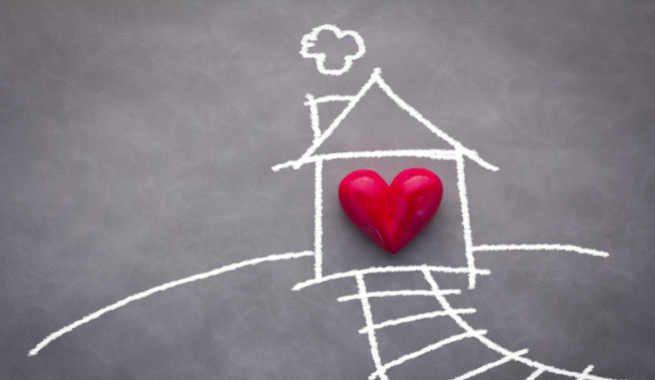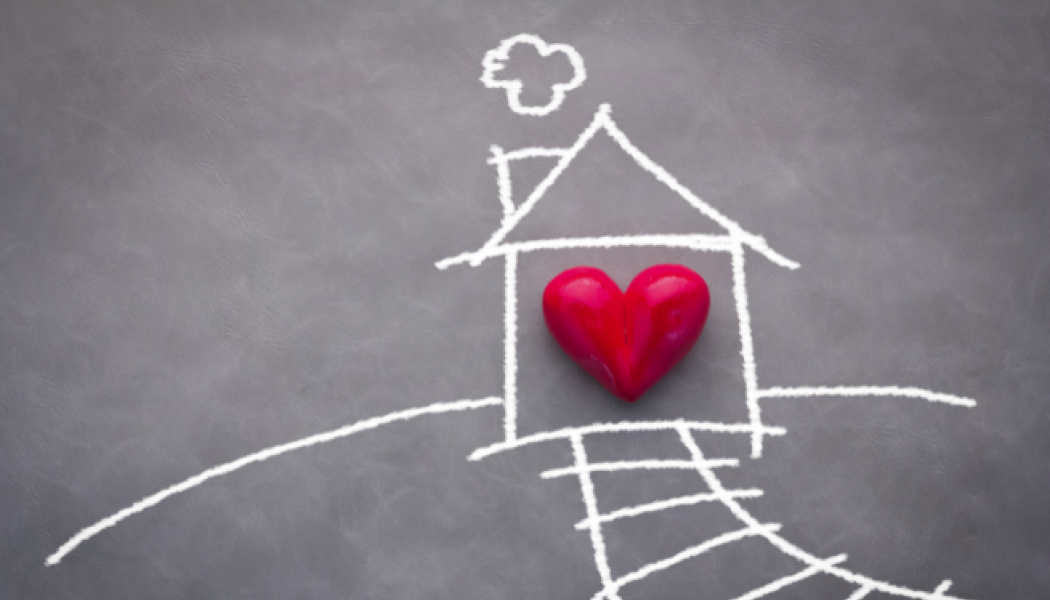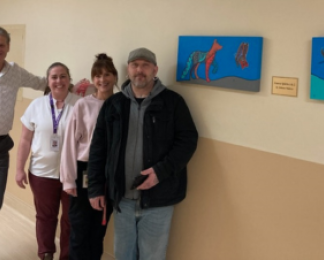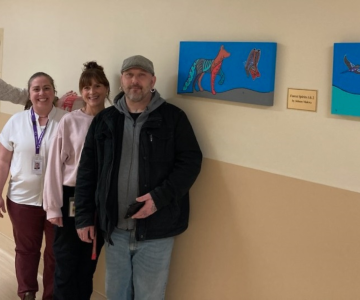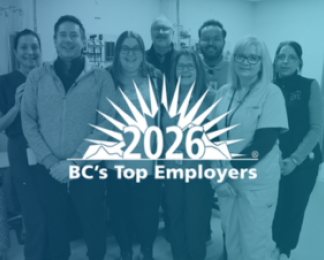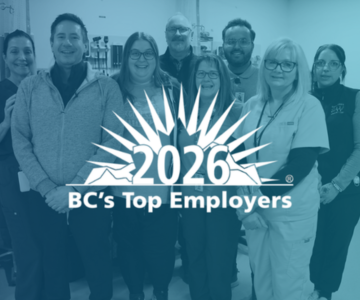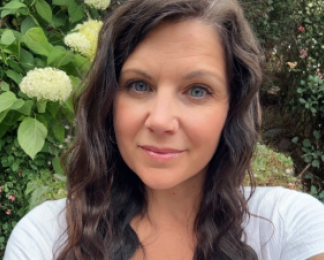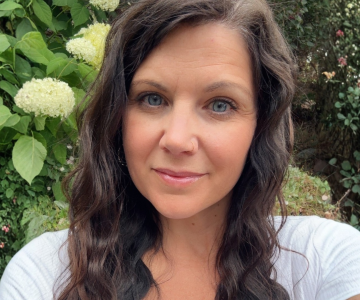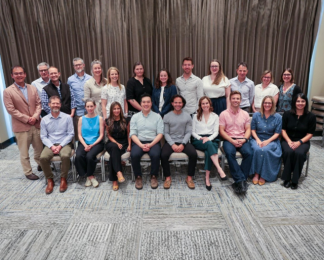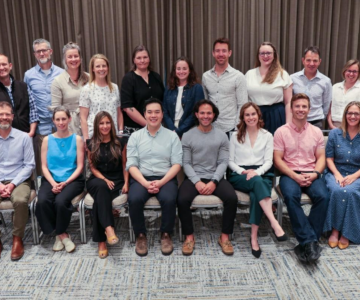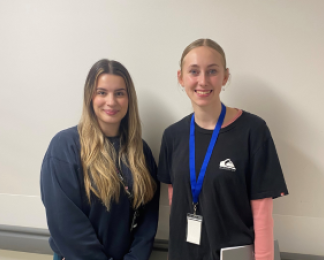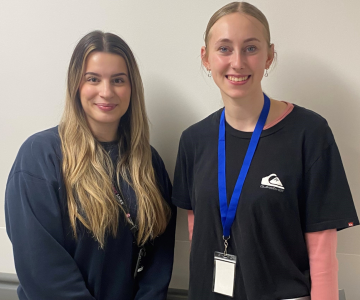Housing is both a basic need and a human right. And yet, many people in the Interior Health region are without homes.
The reasons behind why someone may become homeless are complex, interconnected and are no fault of the individual. In fact, homelessness can happen to anyone – and the stigma associated with not having a home can create barriers to healthy living opportunities for those who are experiencing homelessness.
“Having a home is a basis for everything. Without it, it’s impossible to do anything … all you can do is survive,” says Shane, a resident at a Vernon supportive housing facility featured in a recent BC Housing video. “The general public considers us dirty and bad. And like, everybody’s a criminal, and that’s not the case.”
People without homes are constantly experiencing stigma, prejudice and discrimination. Terms such as “bum” and even labels such as “homeless person” dehumanize the person behind the situation and takes away from individual identity. Negative stereotypes and stigma increase the shame and embarrassment of people living without homes; this, in turn, creates barriers to seeking help and further perpetuates poor health outcomes. Using non-stigmatizing language can help.
Individuals living without housing are often in survival mode, trying to meet very real life-or-death needs like securing food to eat, finding a safe place to sleep and trying to stay out of the elements. People experiencing homelessness often have poorer physical and mental health outcomes, including high rates of infectious and chronic disease, severe mental illness, and premature death.
Having access to good quality, accessible, appropriate and affordable housing can support the health and well-being of individuals and communities. For example, access to affordable housing can reduce stress and allow people to take better care of themselves and their families by having more disposable income. More disposable income then allows people to spend money on healthy food, medication, recreational opportunities, and educational opportunities which, in turn, can help reduce health inequities.
As resident Jill says in the BC Housing video: “I don’t know that I’d ever be able to be who I am, and who I want to be … if I wouldn’t have had a place to live.”
Healthy housing contributes to a sense of safety, greater social well-being and improved quality of life.
Learn more:

